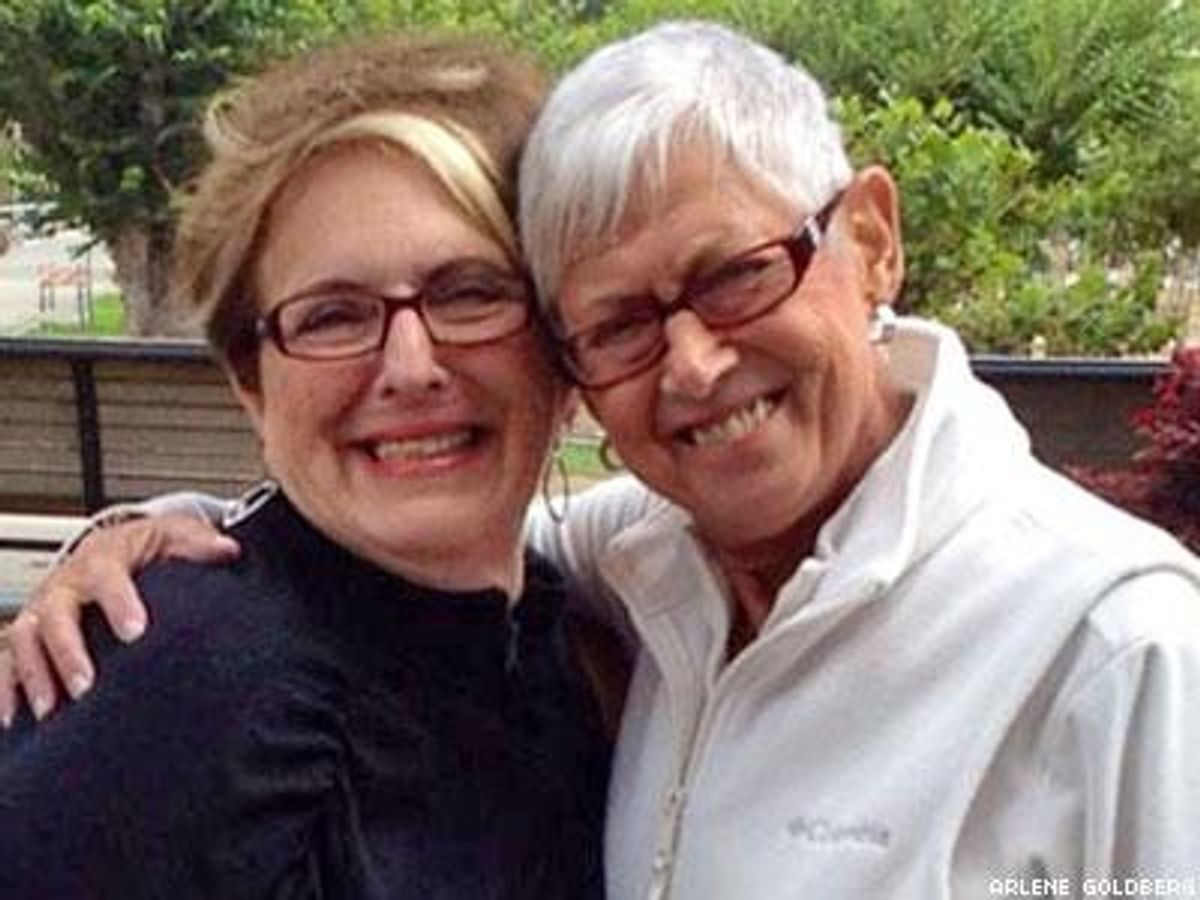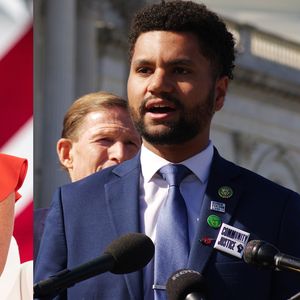A federal judge in Tallahassee ruled Thursday that Florida's ban on performing or recognizing same-sex marriages violates the 14th Amendment to the U.S. Constitution. The order is accompanied by a stay while this and similar cases nationwide are appealed, meaning same-sex couples cannot yet marry in Florida.
U.S. District Judge Robert L. Hinkle's ruling effectively overturns Florida's Amendment 2, which voters approved in 2008, and which not only prohibits same-sex marriage in Florida but also refuses to recognize the legal same-sex marriages of couples married in other states when they enter or reside in Florida.
"Liberty, tolerance, and respect are not zero-sum concepts," reads the decision. "Those who enter opposite-sex marriages are harmed not at all when others, including these plaintiffs, are given the liberty to choose their own life partners and are shown the respect that comes with formal marriage."
The decision comes in a consolidated case stemming from two lawsuits, including one filed by the American Civil Liberties Union of Florida, representing eight married same-sex couples, a lesbian widow seeking recognition of her legal marriage to her wife on her spouse's death certificate, and SAVE, a South Florida LGBT advocacy organization. The second case was filed by private Jacksonville attorneys on behalf of two same-sex couples -- one who wanted to marry in Florida, and one who sought recognition of their legal marriage performed elsewhere.
Although Hinkle issued a temporary stay of his decision until either this case or one of the six others pending resolution in federal appeals court is decided, his ruling did order that Arlene Goldberg, the widowed ACLU plaintiff, should be listed as her wife's surviving spouse on her late partner's death certificate.
"I am overjoyed that the state we made our home in will soon recognize that what Carol and I had was marriage," said Arlene Goldberg in a statement. Goldberg and her partner of 47 years, Carol Goldwasser, lived in Fort Myers.
Hinkle specifically addressed Goldberg's case in his decision. While he acknowledged that public confusion from "on-again, off-again" rulings instating marriage equality can be problematic, "t]ere is little if any public interest" in denying Goldberg's request to be recognized on her late spouse's death certificate, he determined.
"The correction is important to Ms. Goldberg," writes Hinkle. "There is no good reason to further deny Ms. Goldberg the simple human dignity of being listed on her spouse's death certificate. Indeed, the state's refusal to let that happen is a poignant illustration of the controversy that brings us here."
Earlier in his ruling, Hinkle stated that denying couples the right to marry in Florida and refusing to recognize those legal marriages performed in other jurisdictions violates the Due Process and Equal Protection Clauses of the U.S. Constitution. Notably, the judge determined that laws like Florida's generally stem from the majority's disapproval of a minority class, and any laws that infringe on minority rights subject to stricter judicial scrutiny than others.
"The undeniable truth is that the Florida ban on same-sex marriage stems entirely, or almost entirely, from moral disapproval of the practice," writes Hinkle. He continued to note that "moral disapproval alone cannot sustain" a ban restricting marriage to opposite-sex couples.
The suit formally lists Gov. Rick Scott, Attorney General Pam Bondi, and other Florida officials as defendants. In three other cases seeking the freedom to marry recently decided in regional state courts, Bondi has appealed every pro-equality decision. As such, she is expected to appeal Hinkle's decision, which the judge acknowledged in granting the stay, giving the state time to appeal to the 11th Circuit Court of Appeals.
"We are thrilled that these loving and committed couples will soon have the same protections and security for their families that other married couples have," said Daniel Tilley, the ACLU of Florida's staff attorney for LGBT rights. "Florida's refusal to recognize their marriages serves no legitimate purpose and is hurtful to Florida families. We're very pleased to see the ban held unconstitutional in such unequivocal terms so that all Florida families will soon finally have the same protections."
The Human Rights Campaign notes that Hinkle's ruling marks the 20th consecutive decision from a federal court in favor of marriage equality since the U.S. Supreme Court issued its landmark ruling in June 2013 striking down the so-called Defense of Marriage Act in Windsor v. U.S.
"Florida's committed and loving gay and lesbian couples deserve the right to legally marry in the state they call home," said HRC legal director Sarah Warbelow in a press release. "Judge Hinkle's ruling today is consistent with 20 other consecutive federal court decisions over the last year that have said state bans on marriage equality violate the basic principles of the U.S. Constitution. These discriminatory bans only serve to harm LGBT families, and they should be erased from our nation's laws once and for all."
Nationwide, there are 79 cases seeking the freedom to marry in 32 states and territories, according to advocacy group Freedom to Marry. Since last year's decision in Windsor, 38 state and federal courts have ruled in favor of same-sex couples hoping to marry, while just one -- a state judge in Tennessee -- upheld the constitutionality of a state ban on same-sex marriage.


















































































